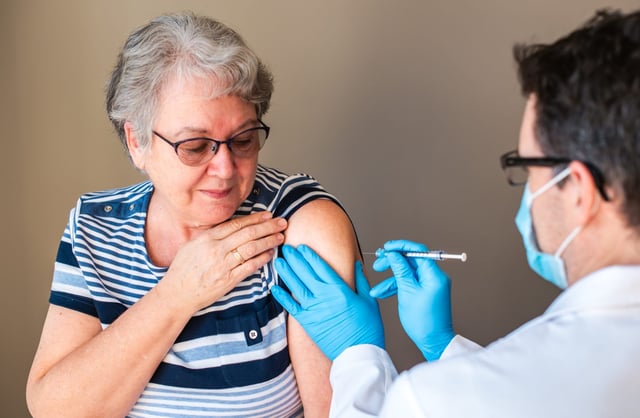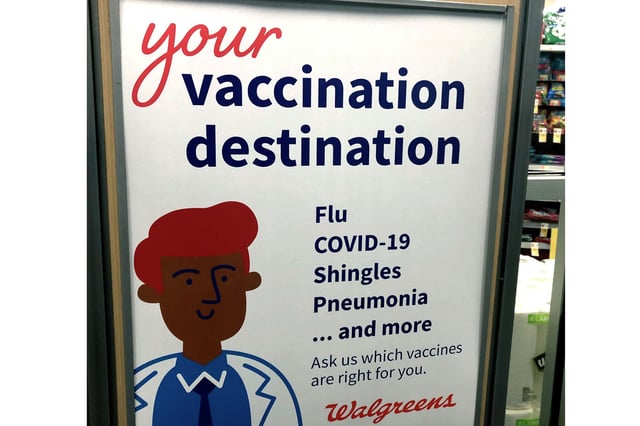Overview
- The study tracked over 280,000 older adults in Wales over seven years, finding that those vaccinated with the Zostavax shingles vaccine had a 20% lower risk of developing dementia compared to unvaccinated individuals.
- Researchers leveraged a unique 2013 Welsh vaccination policy with an age-based eligibility cutoff, creating a natural experiment that closely mimics a randomized controlled trial.
- The protective effect was more pronounced in women, potentially due to stronger immune responses to vaccination, though the underlying mechanisms remain unclear.
- The study builds on evidence linking the varicella-zoster virus to neuroinflammation and dementia, suggesting that vaccination may prevent reactivation of the virus or confer broader immune benefits.
- While the study used the discontinued Zostavax vaccine, researchers are advocating for trials to confirm these findings and evaluate the newer, more effective Shingrix vaccine for similar or enhanced benefits.



